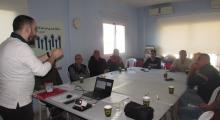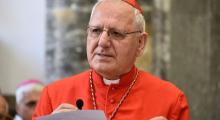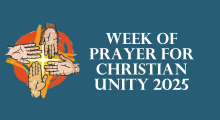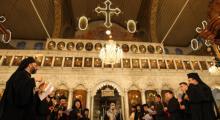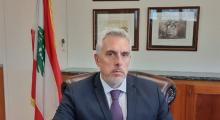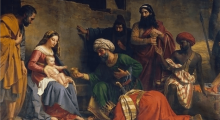Issued by the Catholic Center for Studies and Media - Jordan. Editor-in-chief Fr. Rif'at Bader - موقع أبونا abouna.org
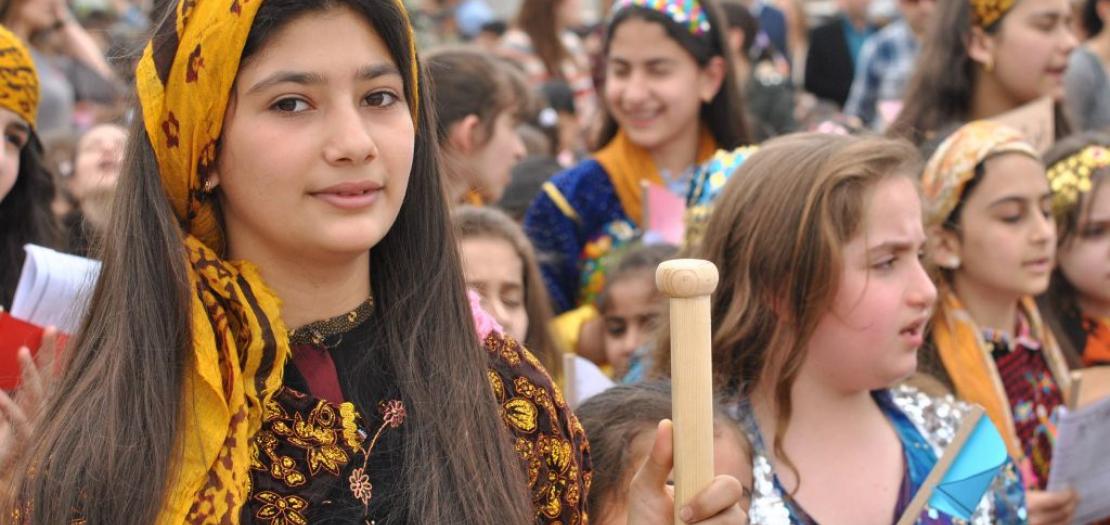
The presence of Christian communities in the Middle East and their survival in the lands of the first apostolic preaching call into question "first of all" the responsibilities of Middle Eastern Christians themselves, who are also called to "admit their mistakes" to free themselves from a persistent "sectarian mentality" in order to build civil institutions together with their fellow citizens, which are suitable to guarantee the coexistence among different people. This is how the Chaldean Patriarch Louis Raphael Sako comments the present and the future of Christians in the Middle East. He does this in the context of a long and detailed reflection published by the Iraqi cardinal through the official communication tools of the Chaldean Patriarchate.
The patriarch speaks out ahead of the upcoming political elections in Iraq, which are scheduled for October 12th. A choice that many analysts see as crucial - as Patriarch Sako emphasizes - "and which once again raises the question: Is there a future for Christians in Iraq and the region?" The Patriarch's reflections on the situation of Christians in the Middle East are an expression of a different point of view, a far cry from the sacrificial attitude that often prevails in media coverage of Christian communities in the Middle East. Many of the Iraqi cardinal's reflections seem to be fully in line with the recommendations of the document on the state and future prospects of the Christian presence in the Middle East, published by the ecumenical team of theologians and scholars “Nakhtar al Hayat”).
Patriarch Sako also calls on Middle Eastern Christians to free themselves from a certain "minority complex" that leads some to expect solutions to problems from external political and geopolitical bodies or even from church institutions themselves. The Patriarch urges people to distinguish themselves from those Christians who entrust civil or ecclesiastical institutions with solving the difficulties that mark their daily lives. In a brief historical review, the Chaldean Patriarch recalls the violence and other factors of fear that have "forced more than a million Iraqi Christians to emigrate" since the fall of Saddam Hussein's regime in 2003. In his reflections, the Iraqi cardinal also recalls the spread of extremist Islamist currents and a general "sectarian culture".
At the same time, the Chaldean Patriarch also invites us to recognize the responsibilities and errors committed by Christians, including those of a socio-political nature. "After the fall of the regime - recalls the Iraqi cardinal among other things - some Christians founded political parties, and that was an encouraging start". But then Christian political parties and representatives "did not join forces in a shared action, with a single vision and a precise plan of action", and many limited themselves to protecting "personal interests". In a situation in which worrying signals are increasing, it is appropriate that Christians should be the first to renounce forms of sectarianism that divide them and try to understand themselves "as a group united in language and attitude", willing to collaborate with its fellow citizens of Islamic faith to jointly build civil institutions based on the principle of citizenship and justice.
In his considerations, Cardinal Sako agrees in a certain way with the most recent statements of the emeritus Latin Patriarch, Archbishop Michel Sabbah. The questions and also the uncertainties that hover over the future of Christians in the Middle East - Archbishop Sabbah also emphasized with reference to the document published by Nakhtar al Hayat - "are not primarily a question of numbers, even if numbers are important, rather they are a matter of faith".


